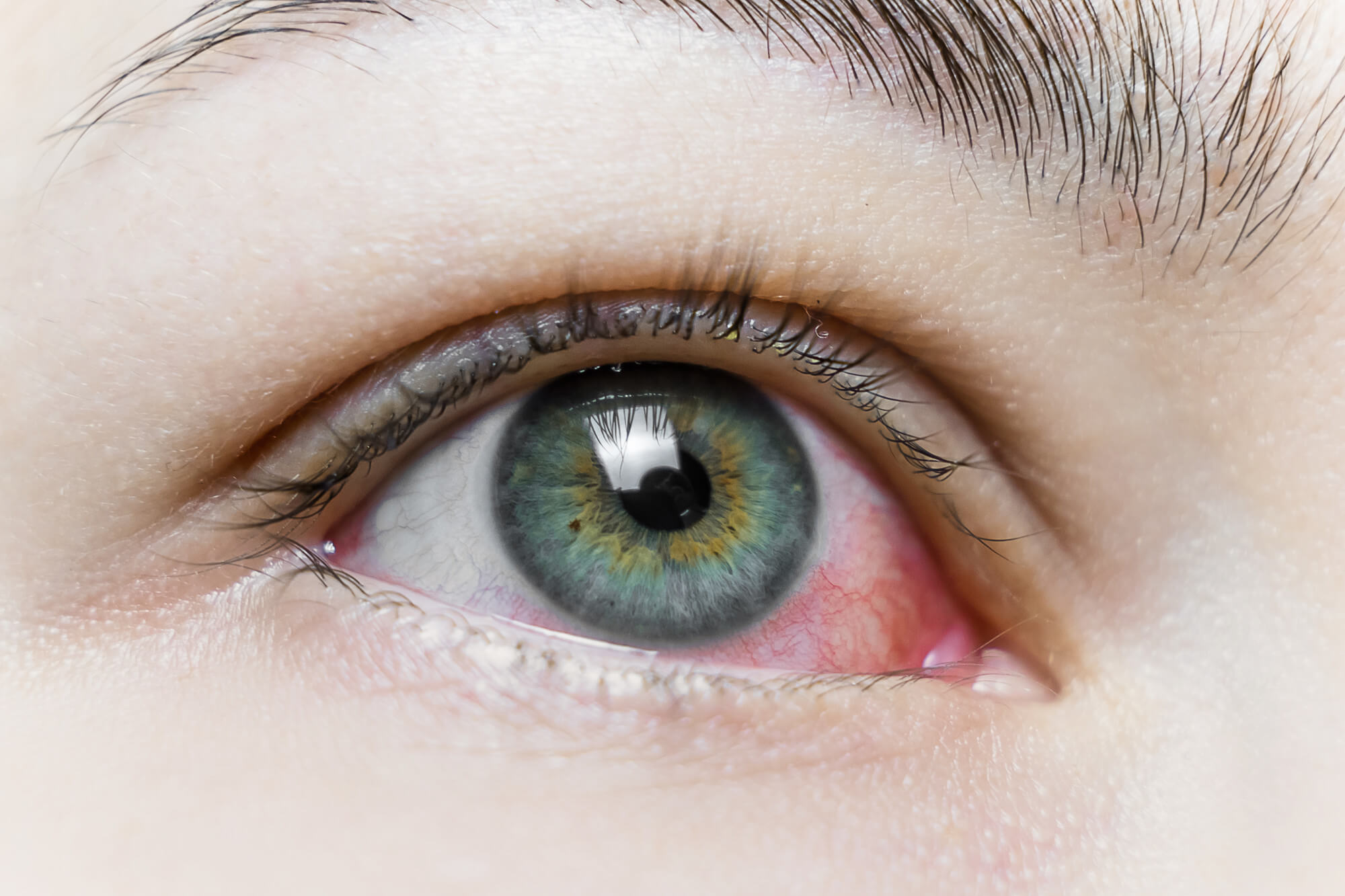Birch allergy: causes, symptoms and diagnosis


Viktor Levchenko
Birch allergy is one of the most common forms of allergy, which occurs in people of all ages, including children. In this article, an experienced allergist will explain in detail the causes, symptoms, diagnosis, treatment, and prevention of birch allergy.
What is a birch allergy?
Birch allergy is an immune system reaction to birch pollen, which can cause various symptoms such as itching, lacrimation, runny nose, cough and others. This allergy can be seasonal or year-round, and a child may have the same symptoms as an adult.
Causes of birch allergy
The main cause of birch allergy is a hereditary predisposition. In addition, unfavorable environmental conditions, weakening of the immune system, stress and improper nutrition can lead to allergy.
Cross birch allergy is caused by the similarity of birch allergens to allergens of other plants and products. Cross products can cause an allergic reaction in people who are allergic to birch pollen.
Symptoms of birch pollen allergy

The main manifestations of birch pollen allergy may include:
- Itching and redness of the eyes;
- runny nose, stuffy nose, sneezing;
- cough, difficulty breathing;
- rash, itchy skin;
- swelling, especially of the face and neck.
In some cases, birch allergy can cause asthma, urticaria, angioedema and even anaphylactic shock. In children, birch allergy may be accompanied by skin symptoms such as atopic dermatitis or eczema.
How can I distinguish birch allergy from other allergies?
To identify a birch allergy, it is important to see an allergist, who will diagnose and prescribe the appropriate treatment.
Diagnosis of birch allergy

- The doctor examines the patient, examines the medical history and determines the presence of risk factors. It is important to inform the doctor of any allergies the patient has had and any symptoms the patient is experiencing.
- Allergy tests, such as skin tests or blood tests for IgE antibodies, may be prescribed to determine birch allergy.
- In some cases, additional tests such as a general blood count, chest x-ray, spirometry, and others may be ordered.
Treatment of birch allergy
Treatment of birch allergy includes avoiding contact with allergens, medication, and immunotherapy.
Medication treatment of birch allergy
Medication treatment for birch birch allergy may include the following medications:
- Antihistamines (tablets, syrups, drops): Cetirizine, Fencarol, Claritin;
- Corticosteroids (in the form of ointments, sprays, tablets): Hydrocortisone, Budesonide, Prednisolone;
- drugs to relieve edema and improve mucus: Nazonex, Vibrocil, Otrivin.
Immunotherapy for birch allergy
ASIT therapy (allergen-specific immunotherapy) can be used to treat birch allergy. This method consists of gradually introducing an allergen into the patient's body in order to reduce the immune system's sensitivity to birch allergens. ASIT therapy is conducted only under the supervision of an experienced allergologist.
Prevention of birch allergy

To prevent birch allergy, it is important to avoid contact with birch pollen, especially during birch blooming, when the concentration of pollen in the air increases. It is recommended to close windows in the house, use air conditioners with filters, and avoid walking in windy weather.
There is a table of foods that can cause cross birch allergy. What you cannot eat with birch allergy: apples, pears, plums, cherries, peaches, apricots, carrots, potatoes, peas, nuts, honey, and other foods. However, which fruits can be eaten should be clarified with a doctor, since the reaction to them may be individual.
Following a pollen allergy diet, as well as a healthy lifestyle, strengthening of the immune system, regular airing of rooms and damp cleaning will help to reduce the risk of birch allergy.
Vaccinations and preventive measures
Vaccination against birch allergy can take the form of specialized vaccinations administered under the supervision of an allergist. These preparations help to reduce sensitivity to birch allergens and reduce the risk of allergic reactions.
Birch allergy is a common disease that can cause numerous symptoms and reduce the quality of life. However, through timely diagnosis and proper treatment, as well as compliance with preventive measures, it is possible to reduce the severity of allergy manifestations and improve the patient's health. Contact an experienced allergist for individual recommendations and effective treatment of birch allergy.
New materials
Popular Articles
We recommend reading
Contact us in the Contact Us section to ask questions, offer ideas, or for more information about our allergy resource.
Our articles are your trusted source of allergy knowledge. Learn how to make life with allergic reactions easier on our specialized portal.
©
Lechenie-Allergii.com. All rights reserved.
© Lechenie-Allergii.com. All rights reserved.
The information on this site is for informational purposes only and is not a substitute for professional medical advice. We recommend consulting with qualified medical professionals for accurate information and advice.
 English
English  Українська
Українська  Русский
Русский 









